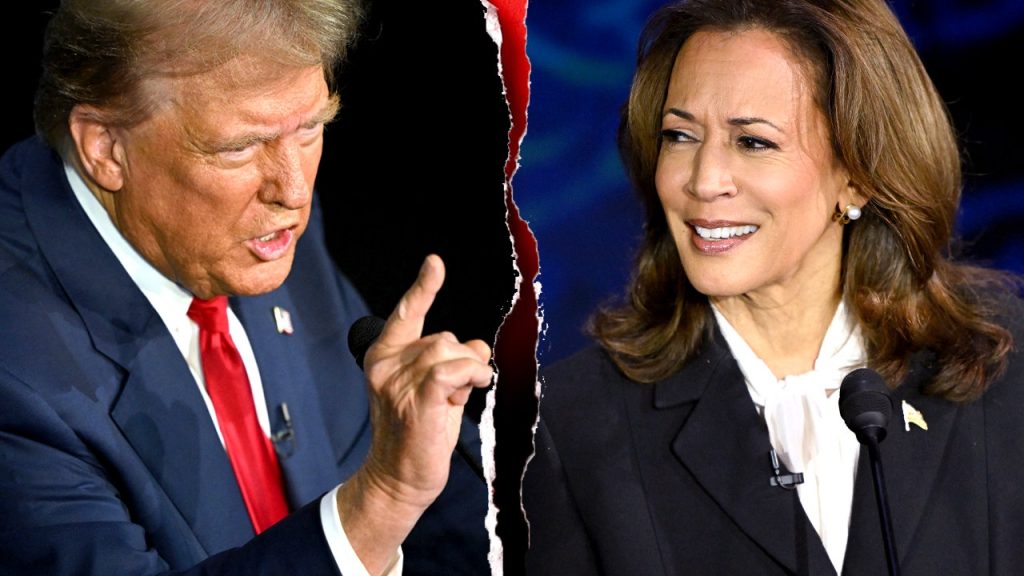Economists have expressed concerns over the economic proposals put forward by former President Donald Trump and Vice President Kamala Harris, noting that both candidates appear to be unconcerned with fiscal responsibility. Trump’s policy plan briefly touches on the deficit, while Harris suggests increasing taxes on the wealthy and corporations as a solution without providing specifics. There are questions surrounding how Harris’s spending policies would stack up and whether Trump’s proposed tariffs and tax cuts would generate enough revenue to offset the deficit impact.
The government is currently running a $1.9 trillion deficit in fiscal year 2024, with increased revenues attributed to higher individual and corporate taxes, interest rates, and decreased individual income tax refunds. Trump’s proposals, including tax cuts and tariffs, are estimated to increase the deficit by $4 trillion over ten years, according to the Tax Foundation. Some economists argue that government spending, not tax cuts, is the primary cause of the ballooning deficit and that deficits resulting from spending increases have more severe negative impacts on economic growth.
The Biden-Harris administration has proposed record levels of government spending, with plans to add $82.2 trillion in spending over ten years, significantly more than the historical average. Harris has outlined various spending proposals, including housing subsidies, tax credits, and increased government support for families. The Tax Foundation estimates that Harris’s proposals would increase the deficit by around $1.5 trillion over ten years. Concerns over an ever-growing deficit include increased interest rates, reduced creditworthiness, and limited fiscal capacity to respond to emergencies.
China and Japan are the two largest foreign creditors of the United States, further underscoring the importance of addressing the deficit issue. While the Harris campaign declined to comment on the deficit concerns raised by economists, the vice president has garnered support from left-leaning economists and former policymakers. Reports indicate that voters have more confidence in Trump’s ability to handle the economy, but Harris is gaining ground in recent polls. The Trump campaign has criticized Harris’s budget proposals for adding to the national debt and imposing significant tax hikes, which they argue will burden American families.
In conclusion, economists warn that the deficit issue needs more attention in the 2024 campaign season, as both candidates’ economic proposals could exacerbate the nation’s already substantial deficit. Concerns over the downstream effects of a growing deficit, such as higher interest rates and reduced fiscal capacity in emergencies, highlight the need for a more fiscally responsible approach. The contrasting visions of Trump and Harris on tax cuts, government spending, and deficit management underscore the importance of addressing these issues to ensure long-term economic stability and growth. Voters will ultimately play a crucial role in determining which candidate’s economic plan aligns with their priorities and concerns.


